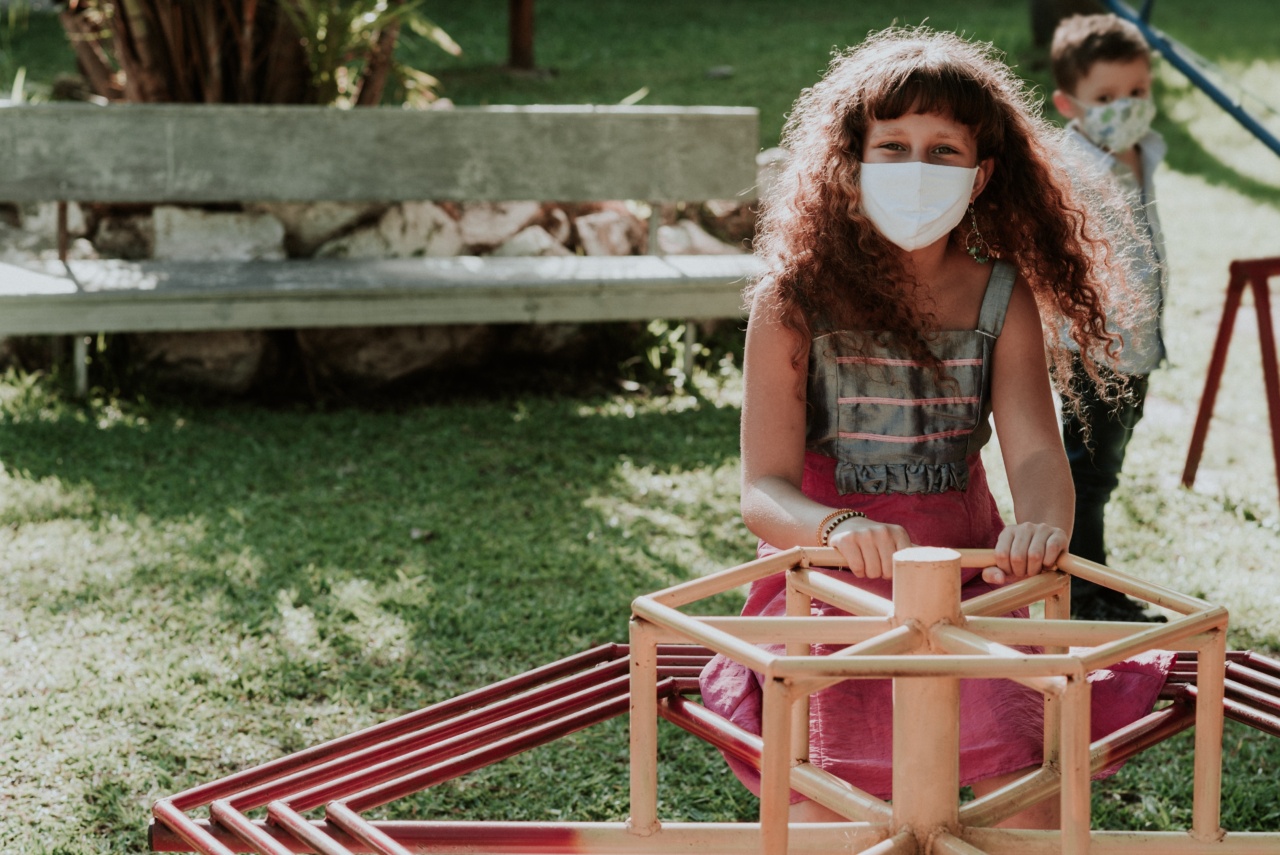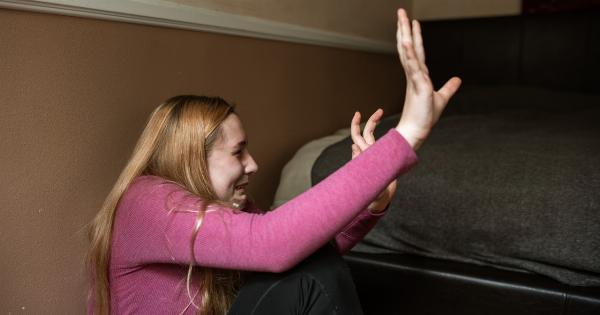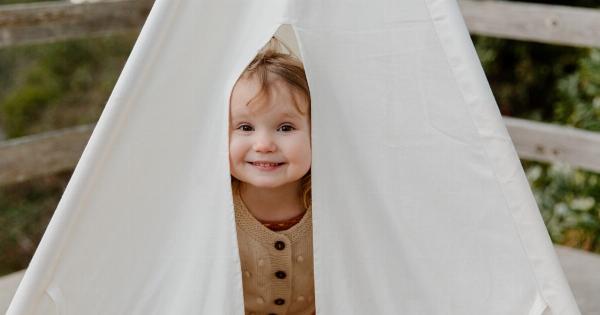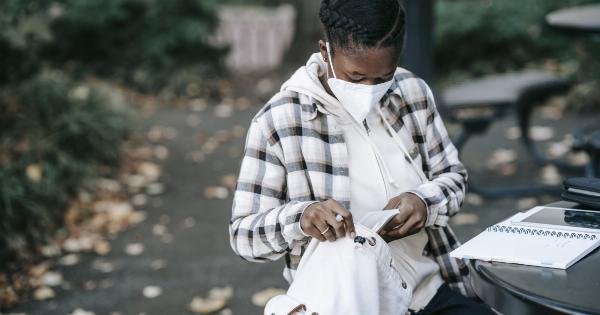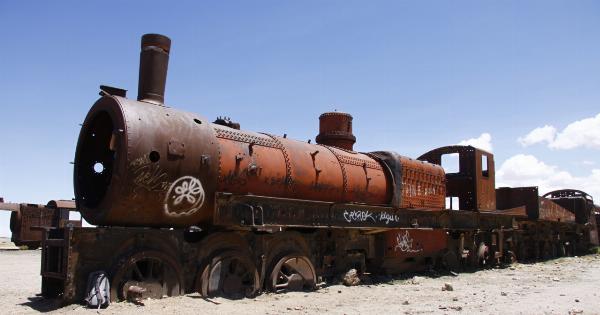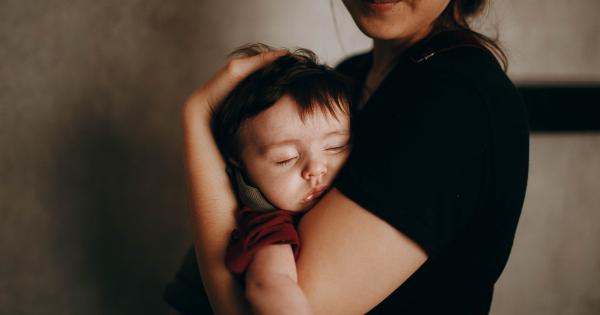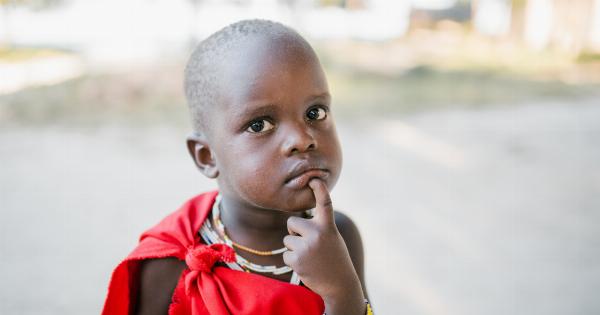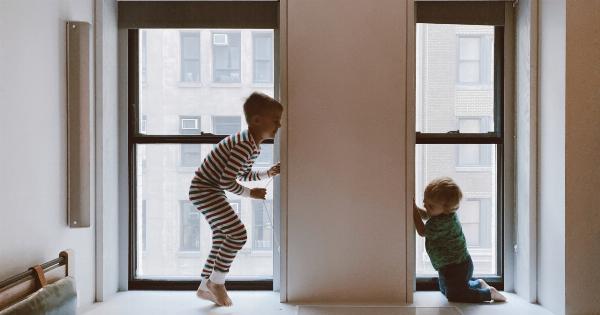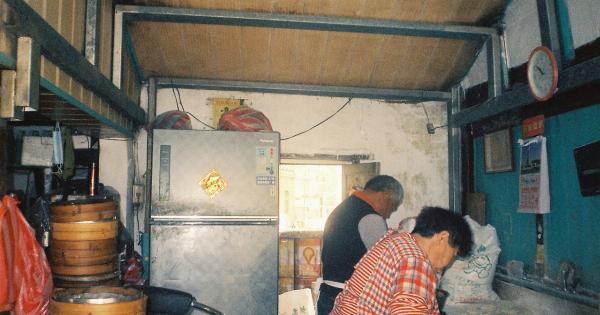Child poisoning is a serious matter that all parents and caregivers need to take seriously.
Thousands of children are hospitalized every year due to unintentional poisoning, and many of these cases could have been avoided with a few simple safety measures.
Here are 30 essential steps you can take to prevent child poisoning:.
1. Keep All Medications Out of Reach
Make sure that all of your medications are stored out of reach of children, preferably in a locked cabinet. Keep track of expiration dates and dispose of any expired medications safely.
2. Keep Cleaning Products Locked Away
Cleaning products can be incredibly dangerous if ingested or inhaled by children. Make sure that all cleaning products are stored in a locked cabinet or on a high shelf that children cannot reach.
3. Keep Pesticides and Insecticides Locked Away
Pesticides and insecticides can be just as dangerous as cleaning products, and should be stored in a locked cabinet or on a high shelf out of reach.
4. Store Paint, Varnish, and Other DIY Products Safely
DIY products such as paint, varnish, and glue can be harmful if ingested. Make sure they are stored in a cool, dry place and are out of reach of children.
5. Be Careful with Plants
Some plants can be toxic if ingested by children. Research the plants in your home and garden to ensure that they are safe, and keep any toxic plants out of reach.
6. Keep Alcohol Out of Reach
Alcohol is toxic to children, and can be fatal if ingested in large quantities. Make sure that any alcohol is stored in a locked cabinet or on a high shelf out of reach.
7. Be Careful with E-Cigarettes and Vaping Products
E-cigarettes and vaping products can be toxic if ingested or inhaled by children. Make sure that they are stored in a locked cabinet or on a high shelf out of reach.
8. Keep Batteries Out of Reach
Batteries can be incredibly dangerous if swallowed by children. Keep all batteries stored in a locked cabinet or on a high shelf out of reach.
9. Keep Jewelry and Small Objects Out of Reach
Jewelry and other small objects can be a choking hazard if swallowed by children. Keep them out of reach and supervise young children when they are playing with small objects.
10. Be Careful with Personal Care Products
Personal care products such as shampoo, lotion, and perfume can be harmful if ingested. Make sure that they are stored in a locked cabinet or on a high shelf out of reach.
11. Dispose of Hazardous Waste Properly
If you have hazardous waste such as batteries or electronic devices that you need to dispose of, do so properly. Contact your local waste management agency to find out how to dispose of hazardous waste safely.
12. Keep Emergency Numbers Handy
Make sure that you have emergency numbers (such as the poison control center and your child’s doctor) on hand in case of an emergency.
13. Install Carbon Monoxide Detectors
Carbon monoxide is a dangerous gas that can be produced by heaters, stoves, and other appliances. Install carbon monoxide detectors in your home to protect your family.
14. Store Food Safely
Make sure that all food is stored properly to avoid food poisoning or other illnesses.
15. Be Careful with Hot Foods and Drinks
Hot food and drinks can cause burns if spilled or ingested. Be careful when serving hot food and drinks to children.
16. Keep Hair Products Out of Reach
Hair products such as hair dye, bleach, and hair spray can be harmful if ingested or inhaled. Make sure that they are stored in a locked cabinet or on a high shelf out of reach.
17. Keep Sharp Objects Out of Reach
Sharp objects such as knives, scissors, and razors can be dangerous if handled by children. Keep them out of reach and supervise young children when they are using sharp objects.
18. Keep Firearms Out of Reach
Firearms can be incredibly dangerous if mishandled by children. Keep all firearms locked away in a secure location.
19. Be Careful with Household Plants
Some household plants can be toxic if ingested by children. Research the plants in your home and garden to ensure that they are safe, and keep any toxic plants out of reach.
20. Keep Bleach Out of Reach
Bleach is a powerful chemical that can be harmful if ingested. Make sure that it is stored in a locked cabinet or on a high shelf out of reach.
21. Be Careful with Hot Appliances
Hot appliances such as ovens and stoves can cause burns if touched by children. Be careful when cooking and supervising children in the kitchen.
22. Keep Electrical Cords Out of Reach
Electrical cords can be dangerous if chewed on or pulled by children. Keep them out of reach and supervise young children around electrical appliances.
23. Be Careful with Hazardous Toys
Some toys can be hazardous if handled improperly. Research the toys in your home to ensure that they are safe, and supervise young children when they are playing with toys.
24. Install Safety Gates and Locks
Safety gates and locks can help keep children out of dangerous areas such as staircases and cabinets.
25. Be Careful with Hot Water
Hot water can cause burns if spilled or ingested. Be careful when bathing children and supervise young children around hot water.
26. Keep Sharp Edges and Corners Covered
Sharp edges and corners on furniture and other household objects can cause injuries if bumped into by children. Keep these areas covered and supervise young children around furniture and other objects.
27. Be Careful with Lawn and Garden Products
Lawn and garden products can be toxic if ingested or inhaled by children. Make sure that they are stored in a locked cabinet or on a high shelf out of reach.
28. Be Careful with Household Chemicals
Household chemicals such as bleach and ammonia can be harmful if ingested or inhaled by children. Make sure that they are stored in a locked cabinet or on a high shelf out of reach.
29. Keep All Firearms Unloaded and Locked Away
Firearms can be incredibly dangerous if mishandled by children. Keep all firearms unloaded and locked away in a secure location.
30. Supervise Young Children at All Times
Perhaps the most important step you can take to prevent child poisoning is to supervise young children at all times. Keep a close eye on them, especially if they are playing with new toys or exploring new areas of your home.
